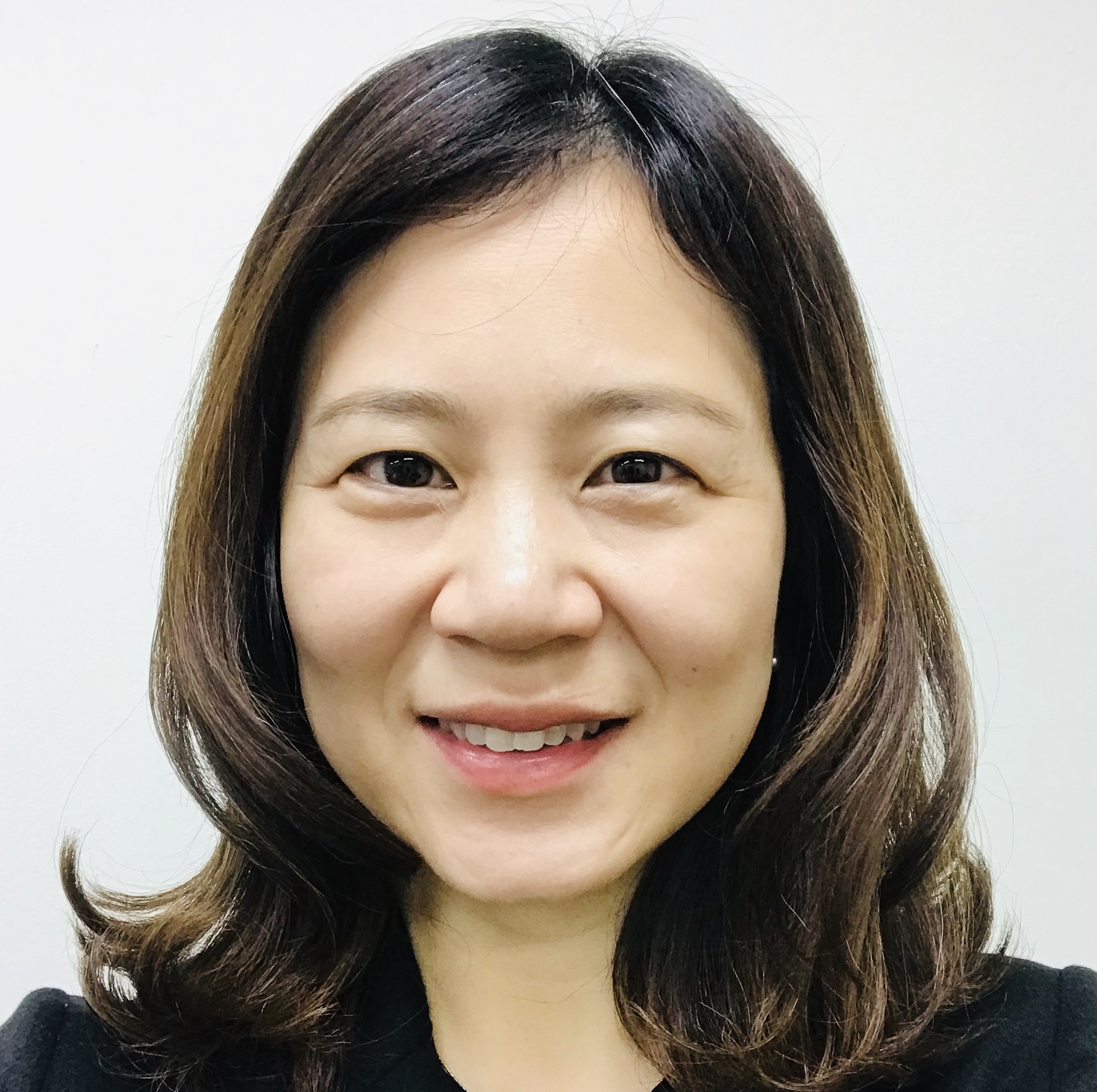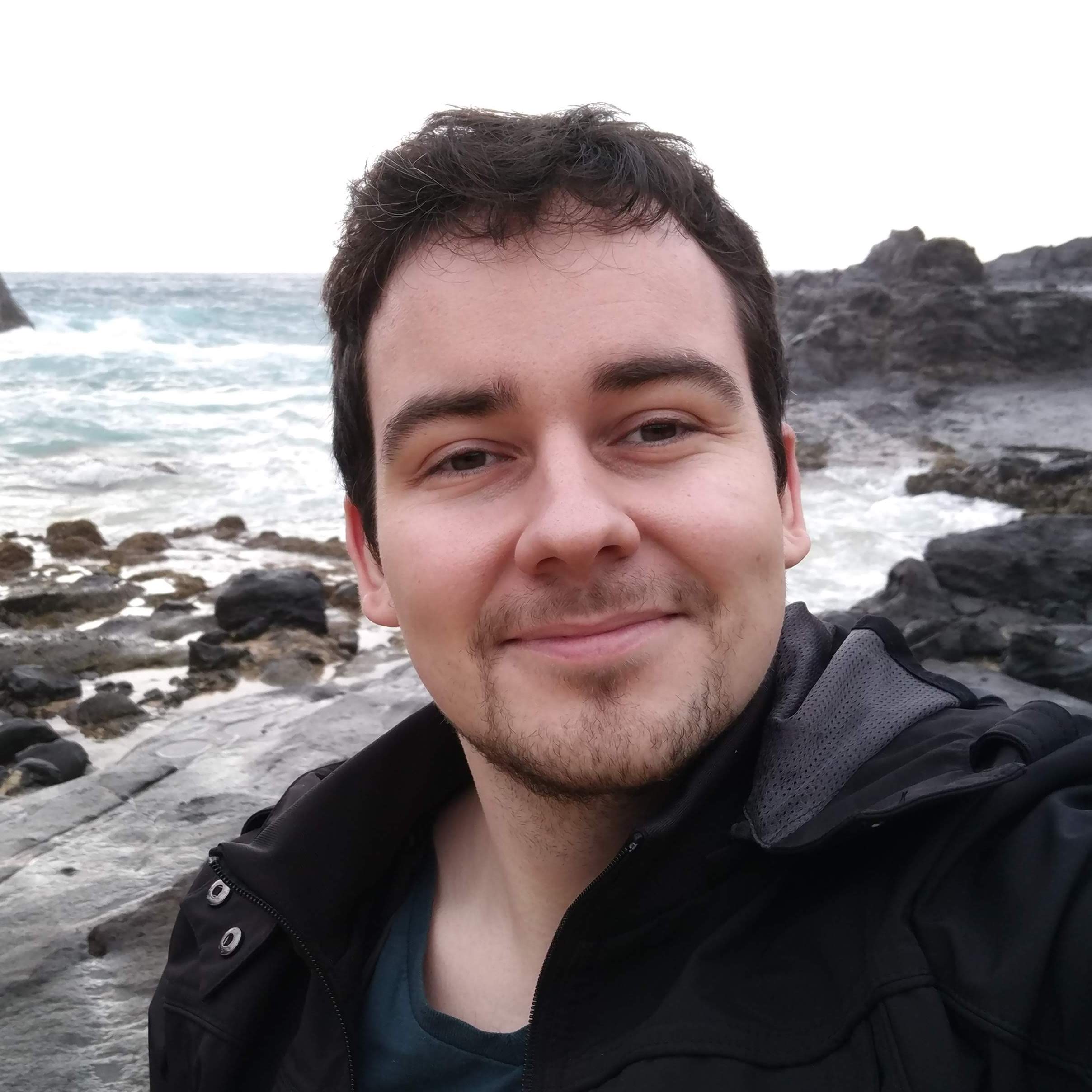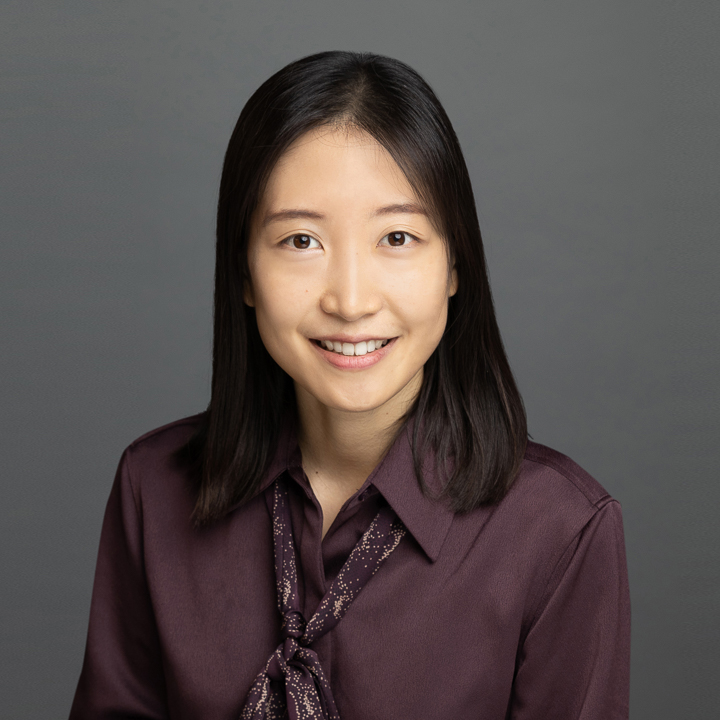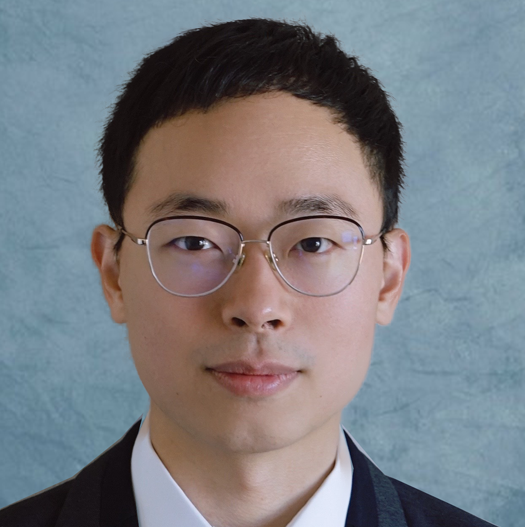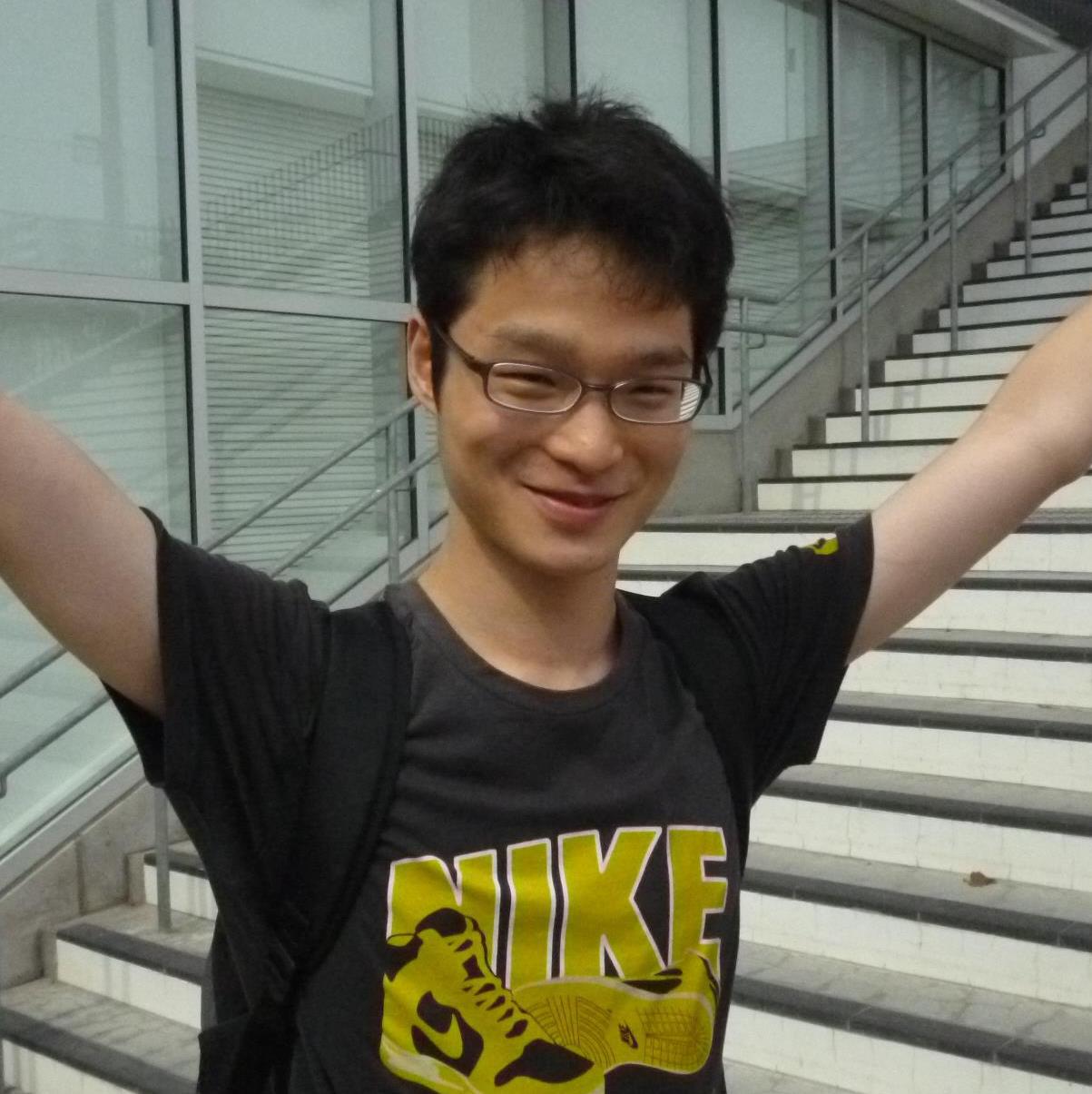Bio: Kathleen R. McKeown is the Henry and Gertrude
Rothschild Professor of Computer Science at Columbia
University and is also the Founding Director of the Data
Science Institute at Columbia. She served as the Director from
July 2012 - June 2017. She served as Department Chair from
1998-2003 and as Vice Dean for Research for the School of
Engineering and Applied Science for two years. McKeown
received a Ph.D. in Computer Science from the University of
Pennsylvania in 1982 and has been at Columbia since then. Her
research interests include text summarization, natural
language generation, multi-media explanation,
question-answering and multi-lingual applications.
In 1985 she received a National Science Foundation
Presidential Young Investigator Award, in 1991 she received a
National Science Foundation Faculty Award for Women, in 1994
she was selected as a AAAI Fellow, in 2003 she was elected as
an ACM Fellow, and in 2012 she was selected as one of the
Founding Fellows of the Association for Computational
Linguistics. In 2010, she received the Anita Borg Women of
Vision Award in Innovation for her work on text summarization.
McKeown is also quite active nationally. She has served as
President, Vice President, and Secretary-Treasurer of the
Association of Computational Linguistics. She has also served
as a board member of the Computing Research Association and as
secretary of the board.


